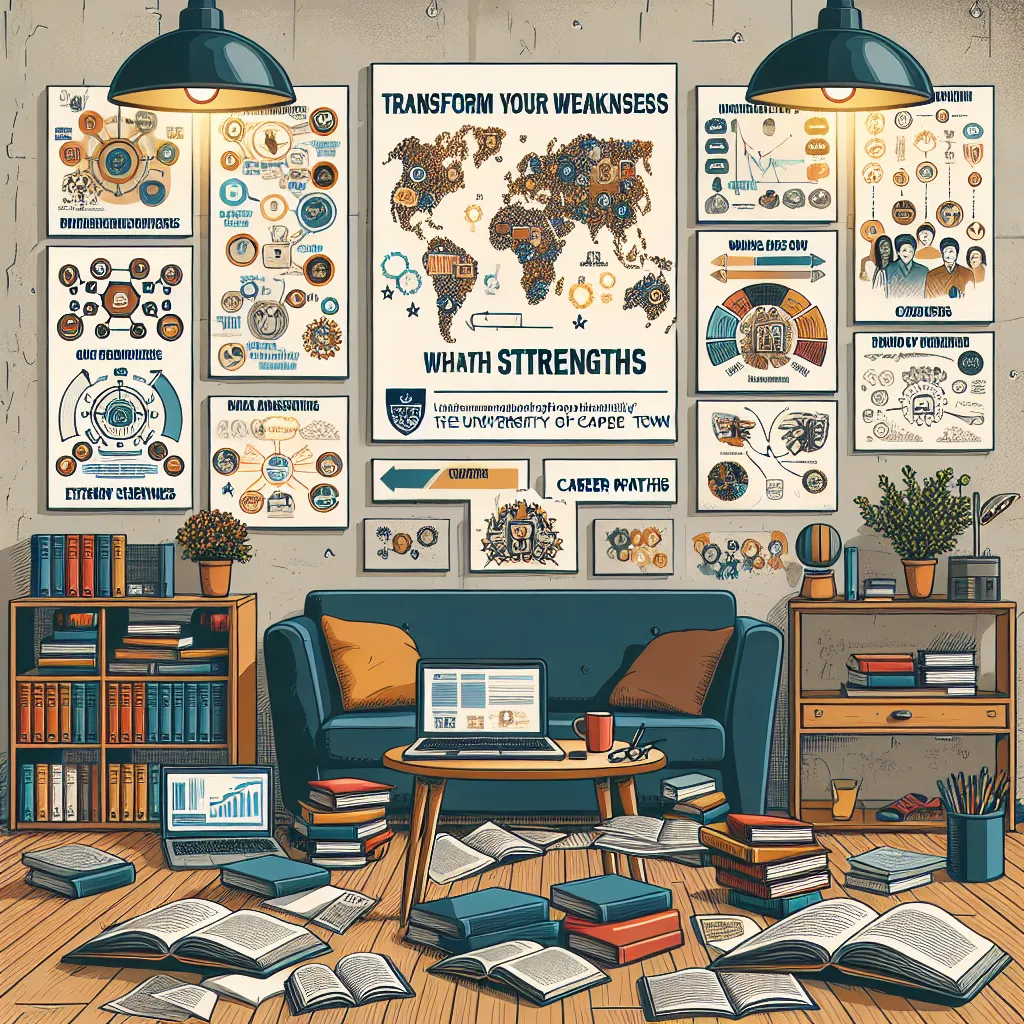Ask AI on The Internet
Question: Hey again! I just asked you the following question, "Hey GPT4, thank you for your hard work, I appreciate it. I am contemplating renenlisting for another contract in the US Army Reserves, or switching to the US Airforce Reserves. I am currently Human Resources, but no longer wish to be in this field. I ideally would like something rather safe if war were to arise, so no infantry. In addition, I want a career that is not only enjoyable to me in the Reserves, but also will translate into a successful civilian career. I have been leaning towards Civil Affairs, Plumbing / Carpentery, Aviation or diesel mechanic, or some sort of computer chip technician. I am completely open to new ideas, job types I haven't listed. I like being hands on, however most hands-on work doesn't make as much money as indoor office or lab type work. I wouldnt be opposed to a good compromise. Given the listed criteria, which job offered by the US Army Reserves and/or US Air Force Reserves, which job would you recommend for me?" I should have worded my initial question better, but I am asking in your professional opinion which jobs would be a good fit for myself? I understand the benefits of both branches, but need help narrowing down a good career path. I understand the benefits and civilian transitioning of the job types I listed, but they are vastly different in nature from each other, for example a mechanic would differ greatly in job life, pay, etc. Than a computer systems repairer. I have interest in serveral fields and would like your help in narrowing down a good field. I thank you very much for your knowledge and time and am appreciative for all that you do, - Noah.
Hello Noah, Thank you for revisiting your question and sharing more details about your interests and preferences. It sounds like you are considering a broad range of possibilities within your service career and beyond. I'll do my best to help you narrow down the options based on the preferences you mentioned in your question. Here are the roles across the branches that may be best suited to you: 1. Civil Affairs Specialist (Army Reserves): You had mentioned Civil Affairs which can indeed be a gratifying role but they do tend to be at the frontlines during conflicts. However, it's a role that would largely deal with building relations and support systems with foreign civilian populations, and this can transition into various roles in non-government organizations, nonprofits, or in international companies in the private sector. 2. Plumbing / Carpentry / Construction & Engineering (Army or Air Force Reserves): These can be very hands-on roles, working on various base construction and repair projects. These skills are valuable in civilian sector also. Being a specialist such as a certified plumber, or a professional carpenter can also earn a good income in the civilian world. 3. Aviation Maintenance or Diesel Mechanic (Army or Air Force Reserves): As an aircraft or auto-diesel mechanic, you have an opportunity to work with complex machinery and systems. These roles can transition very well into the civilian sector as well, as mechanics and technicians for aircrafts and diesel machinery are always in high demand and can have lucrative careers. 4. Computer Systems or Microchip Repair (Army or Air Force Reserves): If you're thinking about something more technical but still hands-on, computer systems or microchip technician can be a really good options. They have good safety levels in terms of war situations and the civilian transition can be excellent, given the current and future demand in the ever-growing tech industry. Rather than trying to compromise, consider evaluating each potential role in terms of your personal enjoyment and interest, safety concerns, and the potential for civilian career transition. Any of these listed roles can provide opportunities for a successful career post-service, both in terms of job market demand and potential income. Consider job shadowing, internships, or speaking directly with professionals in these roles as well to learn more about the day-to-day tasks and responsibilities associated with each and to gain a clearer picture of the path forward. It's fantastic that you're taking such a thoughtful and proactive approach to this next step in your career. Best of luck with your decision!
A new large language model has been made available since this question was asked.
To generate an updated answer from the new model, click the button below.
Think your answer is better than the AI's? Post it below.
Other Most Relevant Posts:
 From Military Role to Civilian Success: Finding Your Reserves Career Path for a Safe and Rewarding Future
From Military Role to Civilian Success: Finding Your Reserves Career Path for a Safe and Rewarding Future
 ### 2.1 UCT's Relevance
### 2.2 Career Pursuit Challenges
### 2.3 Social Factors in Success
### 2.4 Career Inspiration Experience
### 2.5 Consulting Professionals' Importance
### 2.6 Self-Evaluat
### 2.1 UCT's Relevance
### 2.2 Career Pursuit Challenges
### 2.3 Social Factors in Success
### 2.4 Career Inspiration Experience
### 2.5 Consulting Professionals' Importance
### 2.6 Self-Evaluat
Question Tags
If you want your question answered by an AI, click here.





Post your own comment: